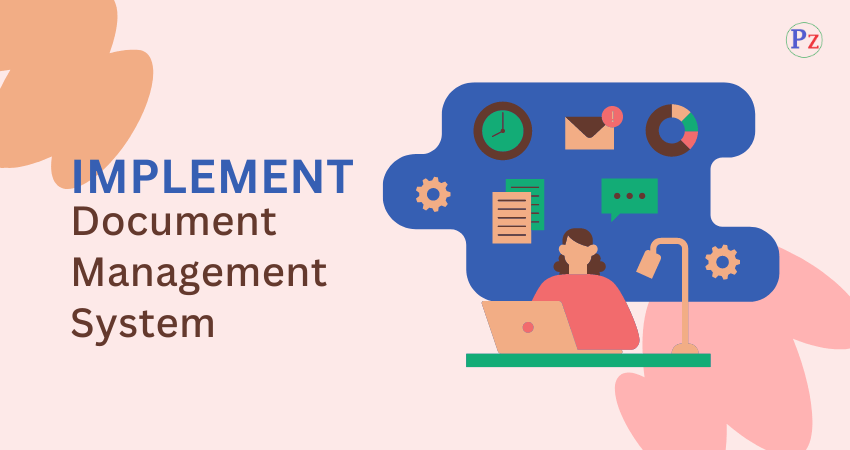The engineers have so many responsibilities for serving the society.
- A Primary duty is to protect the safety of human beings and respect their right of consent [A conscientious commitment to live by moral values].
- Having a clear awareness of the experimental nature of any project, thoughtful forecasting of its possible side effects, and an effort to monitor them reasonably [A comprehensive perspective of relevant information].
- Unrestricted free personal involvement in all the steps of a project [Autonomy]
- Being accountable for the results of a project [Accountability]
- Exhibiting technical competence and other characteristics of professionalism.
Conscientiousness
Conscientiousness implies consciousness (sense of awareness). As holding a responsible profession in the society, Engineers should be very conscientious in their profession, maintaining a full range of moral ethics and values which are relevant to the situation.
In order to understand the given situation, its implications, know-how, person who is involved or affected, Engineers should have open eyes, open ears and open mind.
The present working environment of engineers, narrows down their moral vision to the obligations accompanied by the status of the employee.
More number of engineers are only salaried employees, so, they have to work within large bureaucracies under great pressure to work smoothly within the company.
They have to give importance only to the obligations to their employers. Gradually, the small negative duties such as not altering data by fraud, not violating patent right and not breaking confidentiality, may be viewed as the full extent of moral desire.
As mentioned, engineering as social experimentation brings into light, not only to the person concerned but also to the public, engineers as guardians of the public interest, to safeguard the welfare and safety of those affected by the engineering projects.
This view helps to ensure that this safety and welfare will not be affected by the search for new knowledge, the hurry to get profits, a small and narrow follow up of rules or a concern over benefits for the many and ignoring the harm to the few.
The social experimentation that is involved in engineering should be restricted by the participants consent.
Relevant Information
Without relevant factual information, conscientiousness is not possible. For showing moral concern there should be an obligation to obtain and assess properly all the available information related to the fulfillment of one’s moral obligations.
This can be explained as:
To understand and grasp the circumstance of a person’s work, it is necessary to know about how that work has a moral importance. For example, A person is trying to design a good heat exchanger. There is nothing wrong in that.
But at the same time, if he forgets the fact that the heat exchanger will be used in the manufacture of an illegal product, then he is said to be showing a lack of moral concern. So a person must be aware of the wider implication of his work before he makes participation in a project.
Blurring the circumstance of a person’s work derived from his specialization and division of labour is to put the responsibilities on some one else in the organisation.
For example if a company produces items which are out of fashion or the items which promotes unnecessary energy wastage, then it is easy to blame sales department.
The above said means, neglecting the importance of a person’s work also makes acquiring a full perspective difficult along with a second feature of factual information i.e., consequence of what one does.
So, giving regard to engineering as social experimentation, points out the importance of circumstances of a work and also encourage the engineers to view his specialized activities in a project as a part of a large social impact.
| Read More Topics |
| Theory about right action |
| Professional and professionalism |
| Professionalism ideals and virtues |
| Theory of duty ethics |



